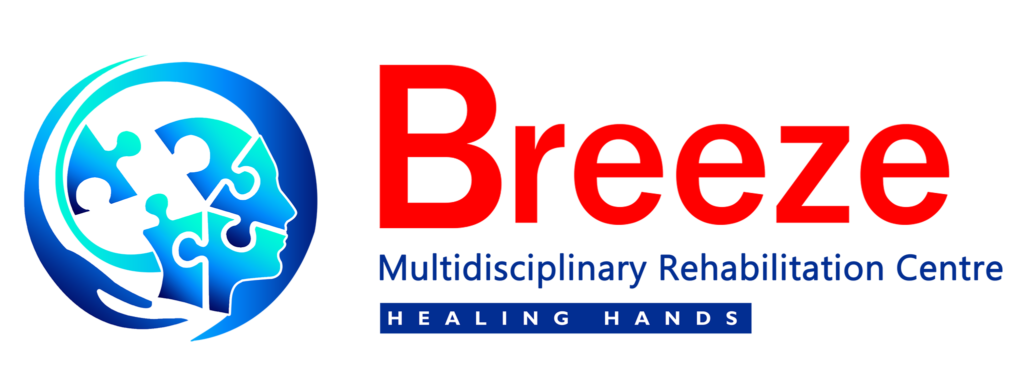
Hemiplegia And Hemiparesis
Hemiplegia defined as hemi –half plegia –paralysis, means paralysis of half of the body or muscles of the lower face, arm, and leg on one side of the body. Along with motor problems other losses may occurs e.g. sensation, memory, cognition bowel and bladder. The most common cause of paralysis is stroke, which damages the cortico – spinal tracts in one or two hemispheres of the brain. Other causes of hemiplegia include traumatic injuries e.g. Spinal cord injury and brain tumors; and brain (CNS) infections. Hemiplegia is treated by identifying the underlying cause and by various forms of therapy to recover motor and sensory function. In particular, motor function in a hemiplegic or hem paretic limb may be improved with physical therapy, with MCIMT and mirror therapy. Hemiplegia is often used interchangeably with hemi paresis as both produce similar symptoms.
An individual living with hemi paresis experiences a weak paralysis on one side of the body will be difficulty in activities daily living with breathing and swallowing problems sometimes patients may loss their speech.

